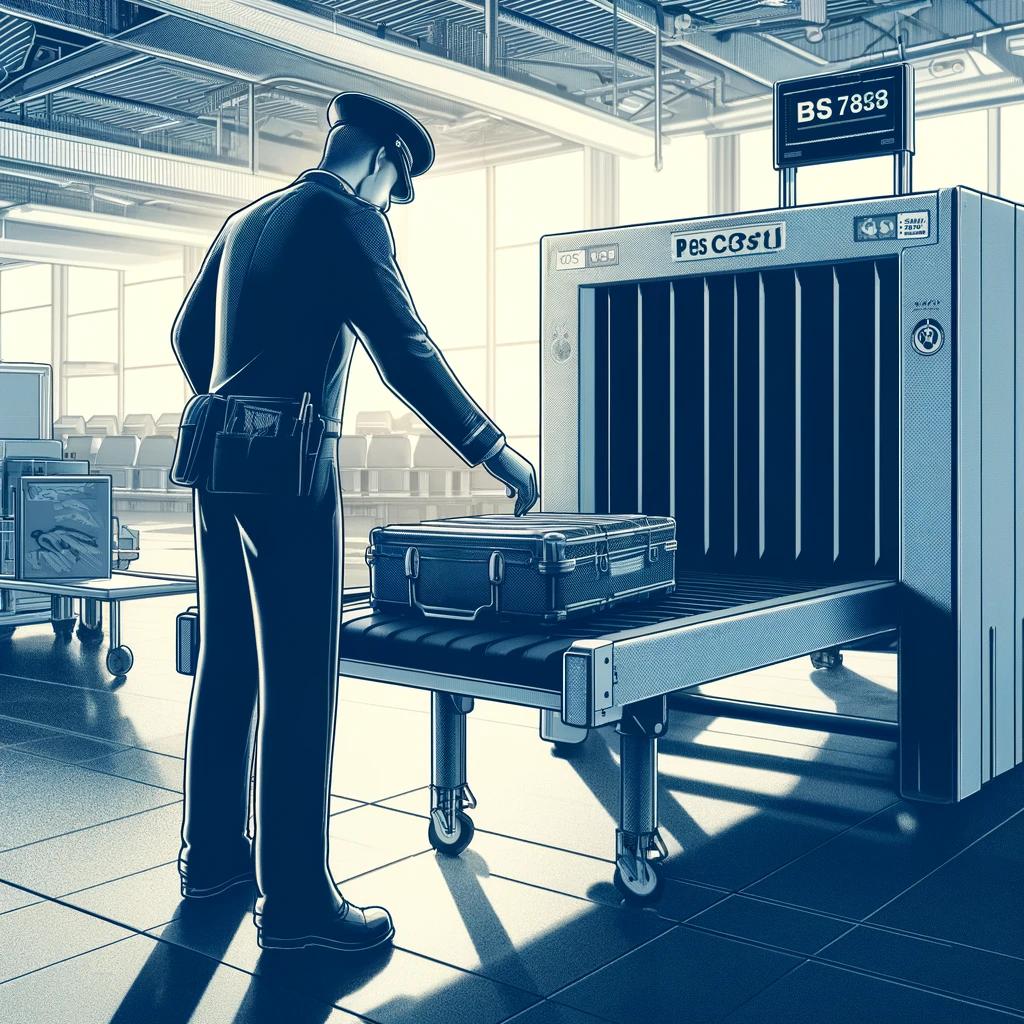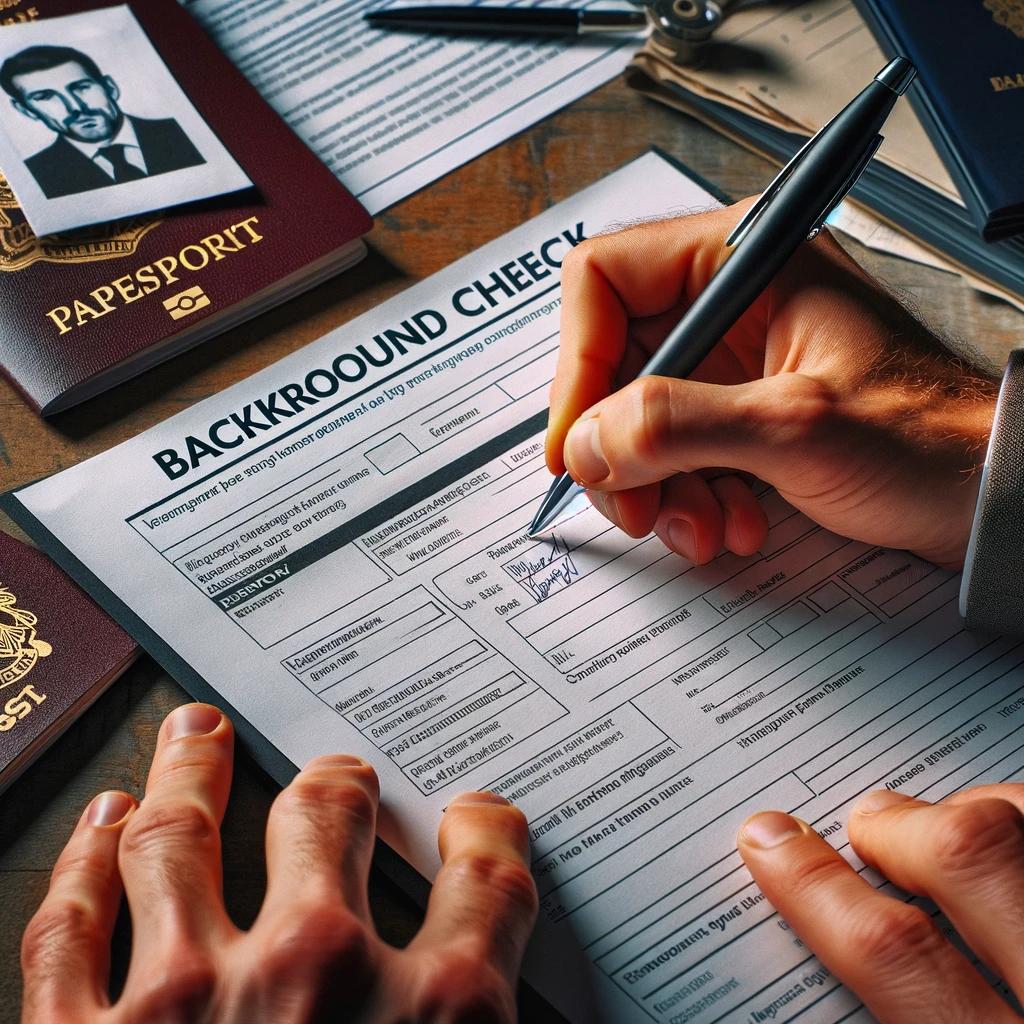
How does social media show up on a background check?
employment history check
Unlike some checks such as the Disclosure and Barring Service (DBS), which may concentrate more on criminal history, BPSS covers a broader spectrum of aspects essential for certain roles requiring access to sensitive information.
For roles where exposure to SECRET and TOP SECRET information is possible, BPSS clearance becomes even more significant in safeguarding classified data. Additionally, government contracts frequently require BPSS checks as a preventive measure to enhance security measures.
Renewal and revalidation of BPSS clearance should be conducted periodically, especially for employees in long-term sensitive roles. This ensures that any changes that might affect an individual's security status are identified and managed effectively, maintaining continuous security compliance.



